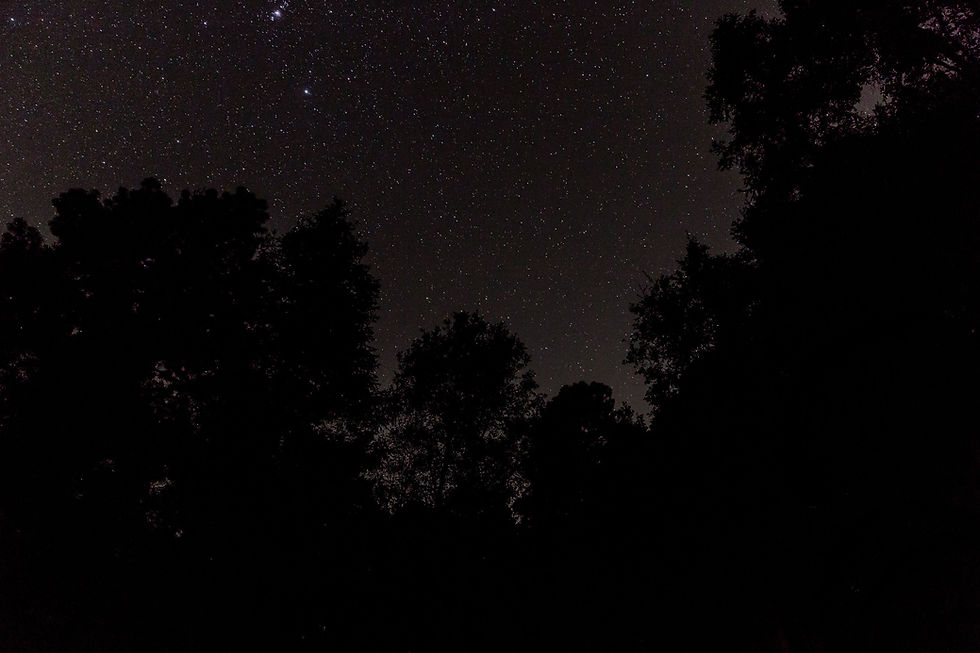Dark Matter: Does is Exist?
- Meenakshi Narayanan
- Aug 16, 2022
- 2 min read
Updated: Aug 16, 2022
By Meenakshi
Maybe 'dark matter' doesn't exist after all…
Cosmologists, physicists, and astronomers theorised that dark matter could explain the peculiar gravitational behaviour of galaxy clusters for decades. But new research suggests that it might not exist.
Dark matter has never been seen or observed. So how can we even debate its existence?
What is Dark Matter?
According to NASA, roughly 5% of the cosmos is normal matter, while 68% is dark energy, and the remaining 27% is dark matter. So what is dark matter?
Dark matter does not emit, reflect, or absorb light making it extremely difficult to locate. Frankly, scientists have only been able to theorise dark matter due to the gravitational effect on the visible matter in the galaxy. Scientists hypothesise that dark matter could contain "supersymmetric particles" that work together with known Standard Models.
What is Dark Energy?
Dark energy consists of approximately 68% of the known universe and is mostly associated with the vacuum in space. It is evenly distributed throughout the cosmos, not just in space but in time as well. In short, dark energy's effects do not dilute as the universe expands.
In addition, dark energy doesn't have a local gravitational effect; it has a global impact on the entirety of the universe as a whole. This phenomenon leads to a repulsive force that is responsible for the acceleration of the expansion of the universe.
Why Dark Matter Might Not Exist
In a study, scientists reported minuscule discrepancies in the orbital speed of distant stars that reveal almost nonexistent gravitational effects. This theory might put an end to prevailing theories on dark matter.
The study inclines that the lack and insufficient understanding of gravity are behind the gravitational strength of both galaxy clusters and known galaxies, rather than clouds of dark matter.
Nevertheless, more research is needed to further advance our understanding of the galaxy and the factors at play.
SOURCES



Comments